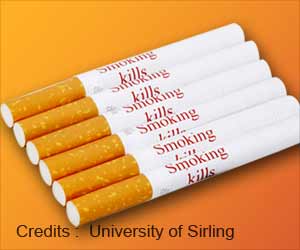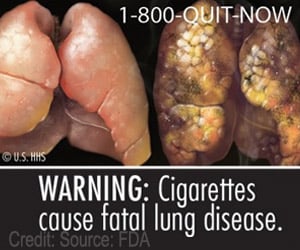People who drink a lot of beer and spirits face a much higher risk of developing cancer than the population at large, a new study has found.
A new study has issued a warning to habitual and heavy drinkers - your addiction may bring you a lot closer to cancer than you can imagine.
The finding, by a group of Montreal epidemiologists and cancer researchers, shows that people in the highest consumption category increased their risk of developing oesophageal cancer sevenfold, colon cancer by 80 percent and even lung cancer by 50 percent.In all, the researchers found statistically significant relationships between heavy consumption of beer and spririts and six different cancers. Moderate drinking (i.e. less than daily) and wine consumption did not show the same effects, however.
The research was conducted by Dr. Andrea Benedetti of McGill University, Dr. Marie-Elise Parent of INRS-Institut Armand Frappier and Dr. Jack Siemiatycki of the Université de Montréal.
"We looked at the data in two ways," said Benedetti, an assistant professor at McGill's Departments of Medicine and of Epidemiology, Biostatistics and Occupational Health.
"We compared people who drank heavily to our reference group, who abstained or drank only very occasionally. We also looked for trends across our categories: non-drinkers, weekly drinkers and daily drinkers. The results were astounding.
"We saw increased risk for esophageal cancer, stomach cancer, colon cancer, liver cancer, pancreatic cancer, lung cancer and prostate cancer," Benedetti added.
Advertisement
"This study crystalizes many strands of evidence from different studies on different types of cancer and alcohol consumption," said Dr. Jack Siematycki, professor, Canada Research Chair and Guzzo Chair in Environment and Cancer, at the Université de Montréal.
Advertisement
"Lifetime interviews were conducted with people about their job histories, and detailed information about all the things they could have been exposed to was collected," she explained.
"As it turns out, the data also included information about non-occupational factors such as drinking alcohol, smoking cigarettes, diet and socio-economic status, among others," she added.
Source-ANI














